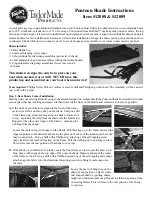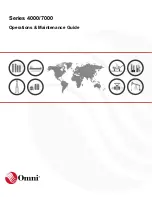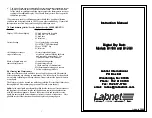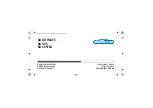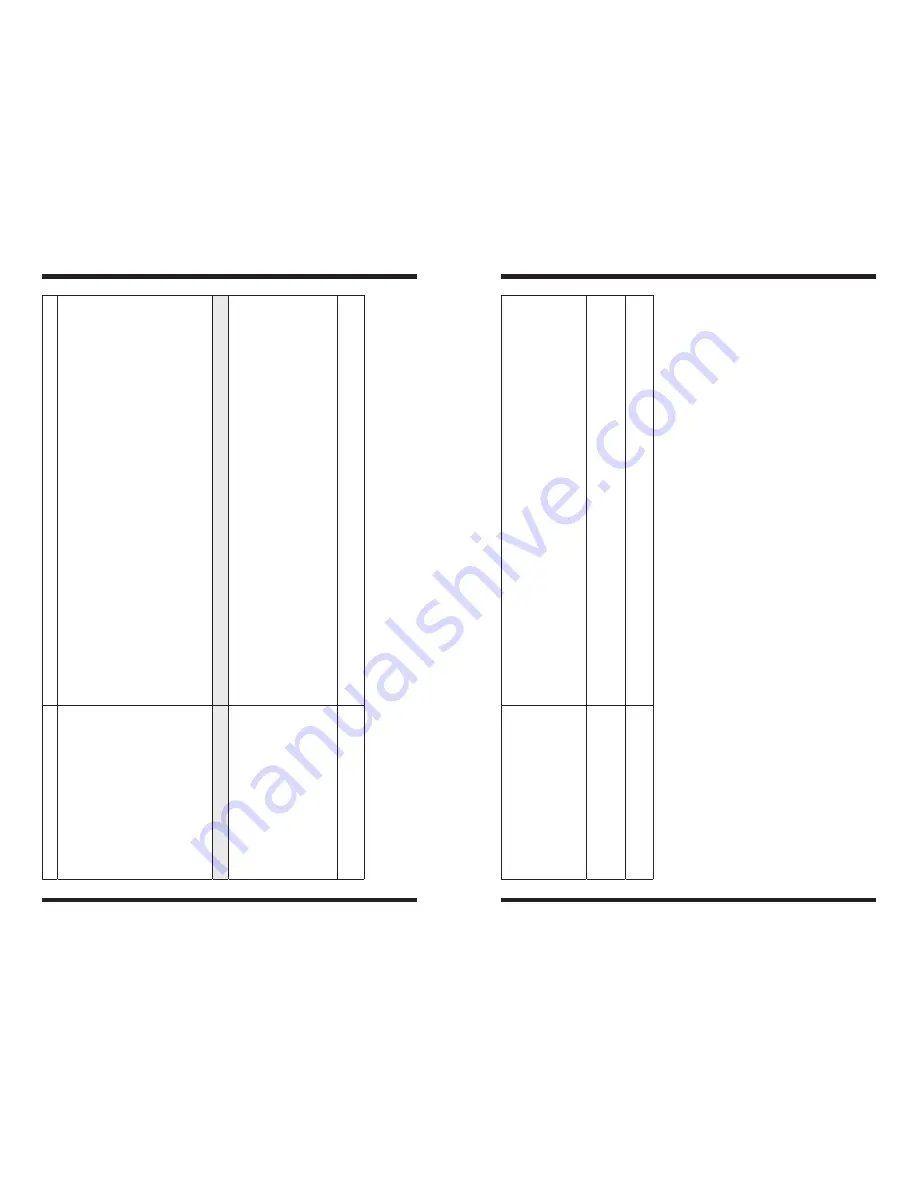
52
53
Action
Process
Tree
4.
Take
a
flat
field
image
by
pointing
the
telescope
at
a
uniform
and
featureless
light
sour
ce,
like
the
sky
at
dawn
or
a
white
sheet
of
paper
. Find
the
right
exposure
time
that
creates
a
Max
Pixel
value
of
approximately
20000,
then
proceed
to
Autosave
your
flats.
You
do
not
have
to
take
your
flat
fields
before
you
start
imaging.
They
can
be
taken
before
or
after
your
astro-images
during
the
day
, or
any
time
you
have
a
suitable
light
sour
ce.
Find
the
exposure
which
creates
a
Max
Pixel
of
about
20000.
Camera
Control
Window
,
Mode
�
Light
Raw
1x1,
Single
�
Expose
(0.1
seconds
or
so)
Begin
taking
and
autosaving
the
flat
field
images.
Camera
Control
Window
,
Mode
�
Light
Raw
1x1
, Autosave
(5-10
images)
�
Expose
Image
Processing
1.
Calibrate
darks
and
flats
Select
your
darks
and
flats.
Process
�
Setup
Calibrate
�
Add
your
dark
frames,
flat
fields,
and
dark
frames
for
flat
fields
�
OK
Now
calibrate
your
astro
images.
File
�
Open
�
select
the
astro
images
you
want
to
open
�
Open
Process
�
Calibrate
2.
Convert
raw
to
color
Process
�
Convert
Raw
to
Color
,
Camera
Type
�
StarShoot
Pro
High
Quality
�
OK
3.
Combine
the
images
Process
�
Combine
�
Select
all
of
the
open
images
you
want
to
combine
�
OK
Combine
Images
window
, Align
Mode
�
Manual
1
star
–
shift
only/Manual
2
stars
Use
the
mouse
cursor
to
select
the
alignment
star(s)
in
each
image
Combine
Images
window
, Output
�
A
verage
�
OK
4.
Make
other
adjustments
if
needed,
such
as
stretch,
filter
, or
color
balance.
See
“Image
Processing”.
Various
processing
commands
are
found
in
the
Process
menu.
5.
Export
and
save
in
fits
format
to
keep
all
of
the
image
data.
File
�
Save
As,
File
Filter
�
FITS
Images,
Size
Format
�
IEEE
Float
�
Save


















